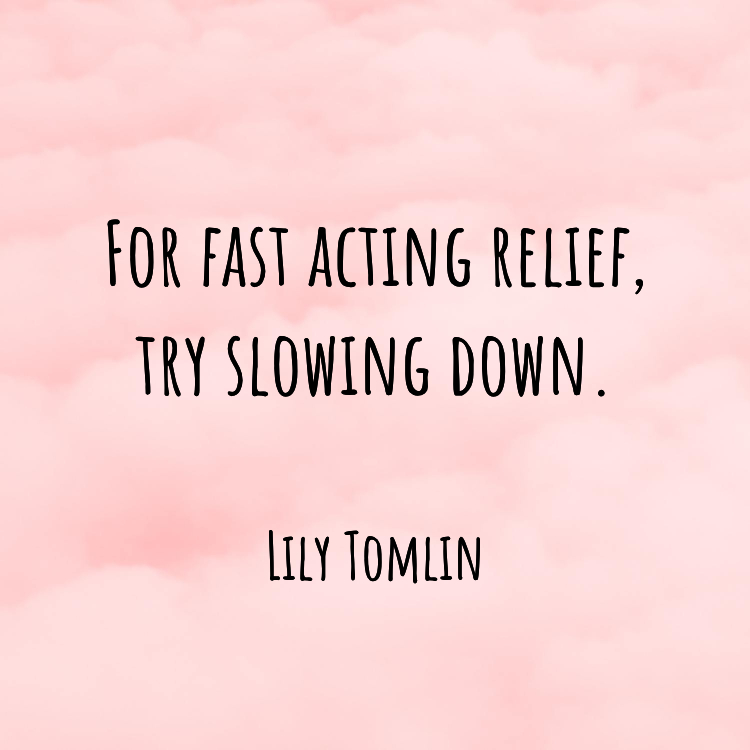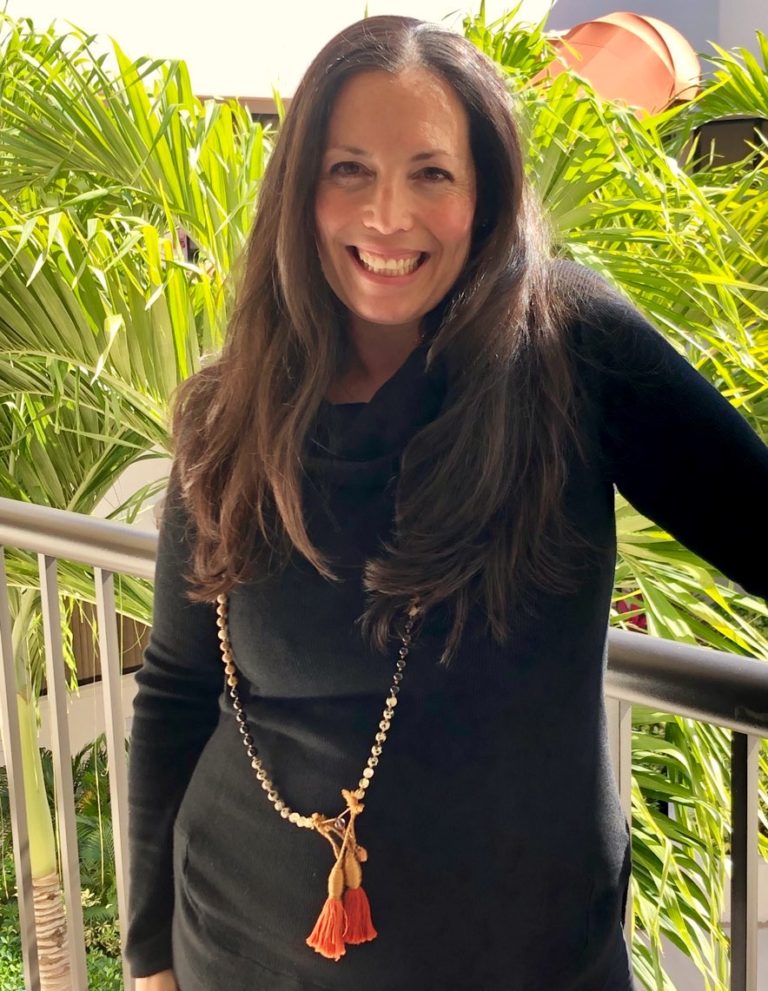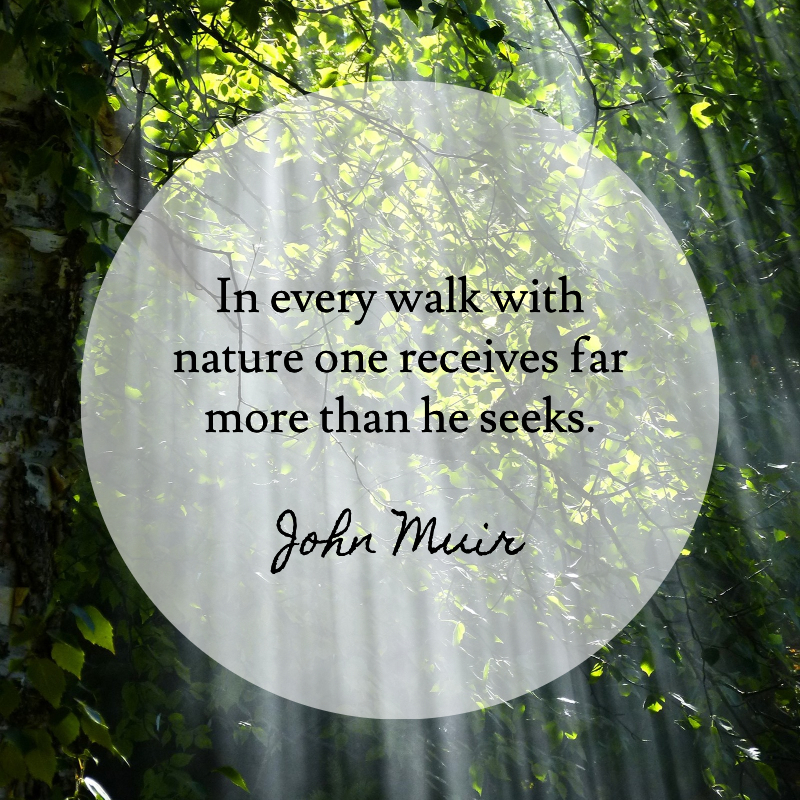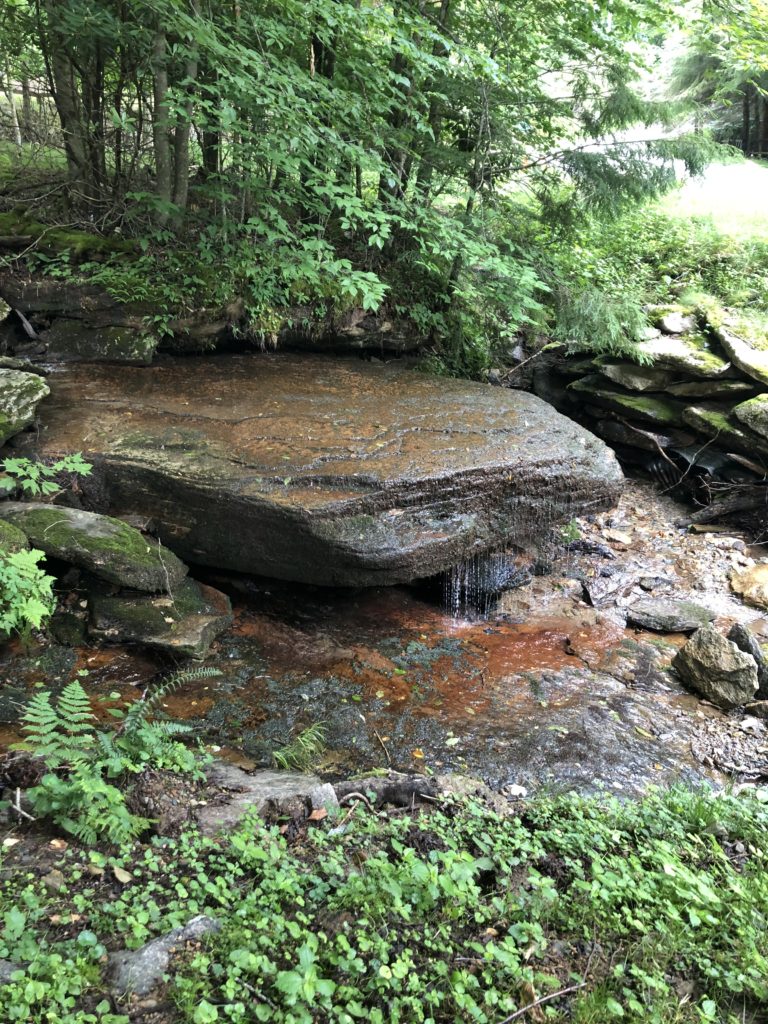
All throughout my teenage and young adult years I remember my Dad offering words of wisdom about my career path. I recall him often saying “Do what you love and the money will come.” I heeded his sage advice, and followed my heart into a career in psychology. Not too long thereafter, though, I found out that even though I loved working with people, I was often drained after each work day. My motivation and zest for my job was waning. Even though I knew I’d chosen a livelihood that I was passionate about, the workplace stress I felt made me question if I was wrong about this path. The more I pushed through, the less I wanted to. And then, burnout settled in.
Statistics show that workplace stress affects many of us. In fact, a 2018 study indicated that 2/3 of professionals feel that their jobs are more stressful today than they were five years ago, and over 3/4 of the study’s respondents reported that workplace stress affects their personal relationships. Feelings of powerlessness over an imbalance between responsibility and authority; lack of clarity in job responsibilities; inadequate goodness of fit between a person’s skills/values and their job; and an unsafe or uncomfortable work setting that can even include traumatic events on the job can all be sources of stress for professionals. Burnout often sets in when these stressors are ongoing AND when professionals are vulnerable to emotional reactivity when their resilience to stress has been compromised.
Mindfulness practices in the workplace are frequently prescribed to help increase motivation and job satisfaction, and I believe this is because of their powerful effect on stress. Practicing the following mindfulness strategies daily can significantly mitigate the effects of workplace stress:
- single-tasking (versus multi-tasking)
- mindful communication
- intentionally slowing down during the workday
- a daily formal mindfulness practice (even 10 minutes of sitting meditation works!)
I know from personal experience that my increased awareness of the early warning signs of work stress have helped me to nip a recurrence of burnout in the bud. And my practicing of non-judgment and self-compassion frees me up from feeling guilty about setting the limits I need to in order to also keep burnout at bay.
For additional reading, I encourage you to check out this article:
https://www.nytimes.com/guides/well/be-more-mindful-at-work

Nicole Davis is a licensed clinical psychologist at Therapeutic Oasis of the Palm Beaches. Dr. Davis has received extensive training in mindfulness, meditation, and yoga, and maintains her own personal practice in these as well. At Sacred Treehouse, she facilitates group mindfulness courses, including Mindfulness Based Stress Reduction, Mindfulness Based Relapse Prevention, and other mindfulness-based seminars and workshops. She also offers meditation & yoga classes at Sacred Treehouse.


